Pedicle Flap Breast Reconstruction (Tram) Surgery
The term “pedicle flap” is derived from the concept of rearranging tissue (the flap) from one part of the body to another. To do so involves keeping intact the blood supply to the transferred tissue and moving the tissue to a new destination. In the case of breast reconstruction, the most common donor sites are the back (lastissimus dorsi muscle with some overlying skin) and the lower abdomen (TRAM – transverse rectus abdominus myocutaneous ) which is done through an incision similar to that of a tummy tuck and utilizes the rectus abdominus muscle and overlying skin.
The advantages of a pedicled flap breast reconstruction include using the patient’s own tissue and no implant, in some cases. This provides a soft, often natural appearing reconstruction without the risks and recovery period of micro-surgical reconstructions. Of course, there is the added advantage of having removed considerable lower abdominal tissue which can mimic the look of an abdominoplasty.
Surgery Candidate
Unfortunately not everyone is a candidate for this type of surgery and the surgery itself has some limitations. Some patients may be too thin or too heavy to safely and predictably perform this surgery. The surgery is moderately extensive and usually requires a 2-3 hospitalization. Once home, the initial recovery is about 2 weeks and return to full pre-surgical activity may be as 6 weeks or more. The risks include partial loss of the breast reconstruction but only rarely complete loss. There is also risk of complication at the abdominal donor site, including abdominal wall weakness and hernia. Most patients do not notice weakness from the harvest of either the rectus or latissimus muscles unless they are extremely active, athletic, or body builders. In those cases another type of reconstruction might be preferable.
Nevertheless, this technique is a powerful and rewarding in the appropriate setting.
I would be happy to provide you with more information or answer any other questions and can be contacted by phone at 1-216-778-2245 or by email at drbramkaufman@case.edu.
